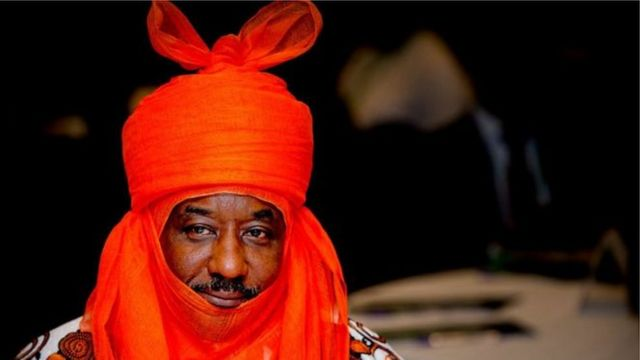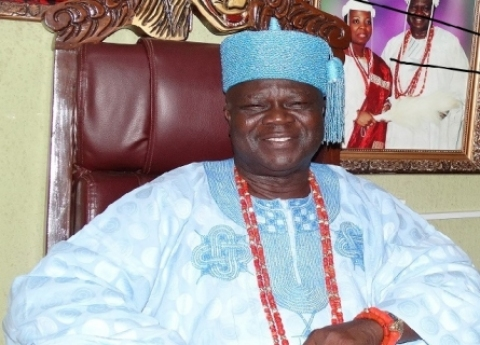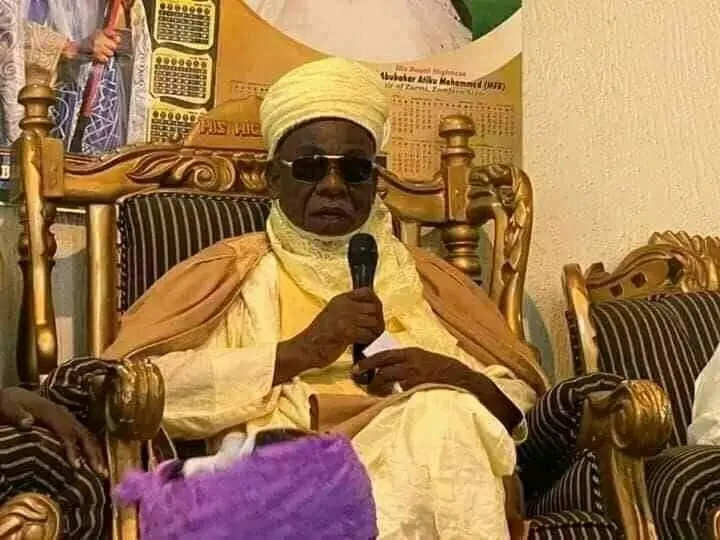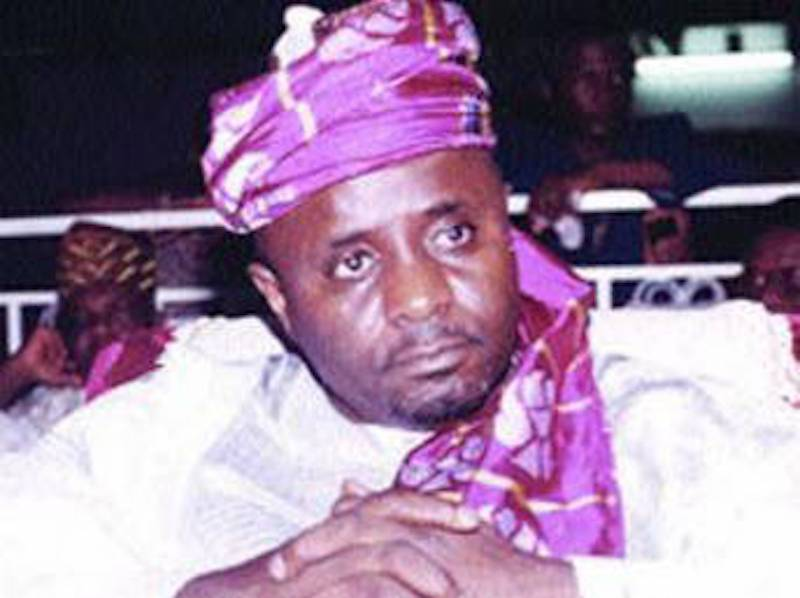Over the years, Nigeria has seen a lot of powerful kings lose their throne. Dethronement can occur for a variety of reasons, including disagreements with the powers that be, particularly the government, which typically leads to official pronouncements of dethronement, self-exile to prevent abduction or removal from the throne through court injunctions.
The Fourth republic started when Democracy was restored in 1999 and since then many kings have been deposed, while some were banished from the town they ruled. These are the top 10 of such kings who were dethroned.
Sanusi Lamido Sanusi II – Emir of Kano, Kano

The Kano State Executive Council, chaired by Governor Abdullahi Ganduje, dethroned Muhammed Sanusi II, the 14th Emir of Kano, in 2019.
The dethronement was the consequence of year-long political rivalry between Ganduje and the former Central Bank of Nigeria governor. He was accused of insubordination and lack of respect for the laws and traditions of Kano State. He was also banished from Kano according to their Emirate Council Law, 2019. However, The Federal High Court, Abuja, on Tuesday, November 30th 2022, declared the banishment of deposed Emir of Kano, Lamido Sanusi, from Kano State as unlawful and unconstitutional. Delivering the judgement in Mr Sanusi’s suit, the judge, Anwuli Chikere, awarded N10 million compensation to him and against the respondents comprising the police, the State Security Service (SSS) and the Attorney-General of Kano State. She also ordered them to tender a public apology to him in two national dailies.
Muhammad Sanusi II became the 14th Fulani Emir of Kano on 8 June, 2014
Oluwadamilare Adesina Osupa – Deji of Akure, Ondo

The humiliating departure of Oba Oluwadamilare as Akure’s paramount king is just another reminder of the importance of royal carriage and behavior, since they are seen as leaders and role models.
The monarch was deposed on June 10, 2010, after his estranged wife was beaten at her house in Akure, in what the Ondo state government described as “dishonourable, condemnable, and disgusting conduct unworthy of a king,” invoking a clause of the state chieftaincy legislation of 1984 as amended.
On the 13th of August 2010, a new Deji of Akure Adebiyi Adeshida Afunbiowo II was declared with quick action. Three years after his deposition and banishment, Oluwadare Adesina, Thursday, appealed to the Ondo State government to vacate the order.
Sadly, earlier this year in January precisely, the deposed monarch died after a brief illness; he was 63 years old.
Abubakar Atiku – Emir of Zurma, Zamfara, Hussaina Umar – Emir of Dansadau, Zamfara and Sulaiman Ibrahim – District Head of Birnin Tsaba, Zamfara

The Zamfara State administration removed Abubakar Atiku, together with his counterpart from Dansadau, Hussaini Umar, and the District Head of Birnin Tsaba, Sulaiman Ibrahim, in April 2022, after they were accused of obstructing attempts to apprehend suspected bandits and assisting livestock rustlers. They were first suspended in 2021.
A commission formed to investigate the claims against them suggested that they be removed from their positions as traditional rulers. Following the submission of the report to the state administration, Hassan Nasiha, the deputy governor, declared the monarchs’ deposition. Sadly, the dethroned emir died in Egypt on the 28th of August 2022, after being sick for some weeks.
Mustapha Jokolo – Emir of Gwandu, Kebbi

The Kebbi State Government, Adamu Aliero, dismissed Mustapha Jokolo, the 19th Emir of Gwandu, on allegations that the monarch was making “reckless utterances” capable of compromising national security.
The Emir of Gwandu was deposed in 2005. He was reportedly banished to Lafia.
Chief Monday Frank Noryea – Traditional ruler of Baabe Kingdom, Rivers state
In 2019, Nyesom Wike, governor of Rivers state, approved the withdrawal of the certificate of recognition from First Class King, Monday Noryea. The monarch was dethroned due to his link with incessant cultism in his kingdom, which was a threat to peace of the state.
“For communities where cultism and kidnapping are encouraged, their traditional rulers will be deposed. We will not allow a crisis in our communities. If you don’t want to take the war to them, we will take the war to you,” Wike had said.
Eze Joseph Okor – Ivi of Akaeze, Ebonyi State & Eze Michael Orji – Ebonyi State
In 2002, the Ebonyi State Government dethroned two traditional rulers in the state for drunkenness and sabotage of government’s development programmes in their communities.
While Eze Joseph Okor-Ivi of Akaeze in Akaeze Local Government Area was removed for drunkenness, while Eze Michael Orji of Anioma, Onicha Local Government Area was dethroned for “frustrating the state government’s development efforts in his domain”.
Aslem Aidenojie – Onojie of Uromi Kingdom, Edo state
The administration of former Edo State Governor, Adams Oshiomhole, suspended and later dethroned Anslem Aidenojie, Onojie of Uromi Kingdom. The monarch was accused of abusing a woman and total disregard for constituted authorities. He failed to apologise within a given time. In 2018, he was however reinstated by Gov Obaseki.

Discussion about this post